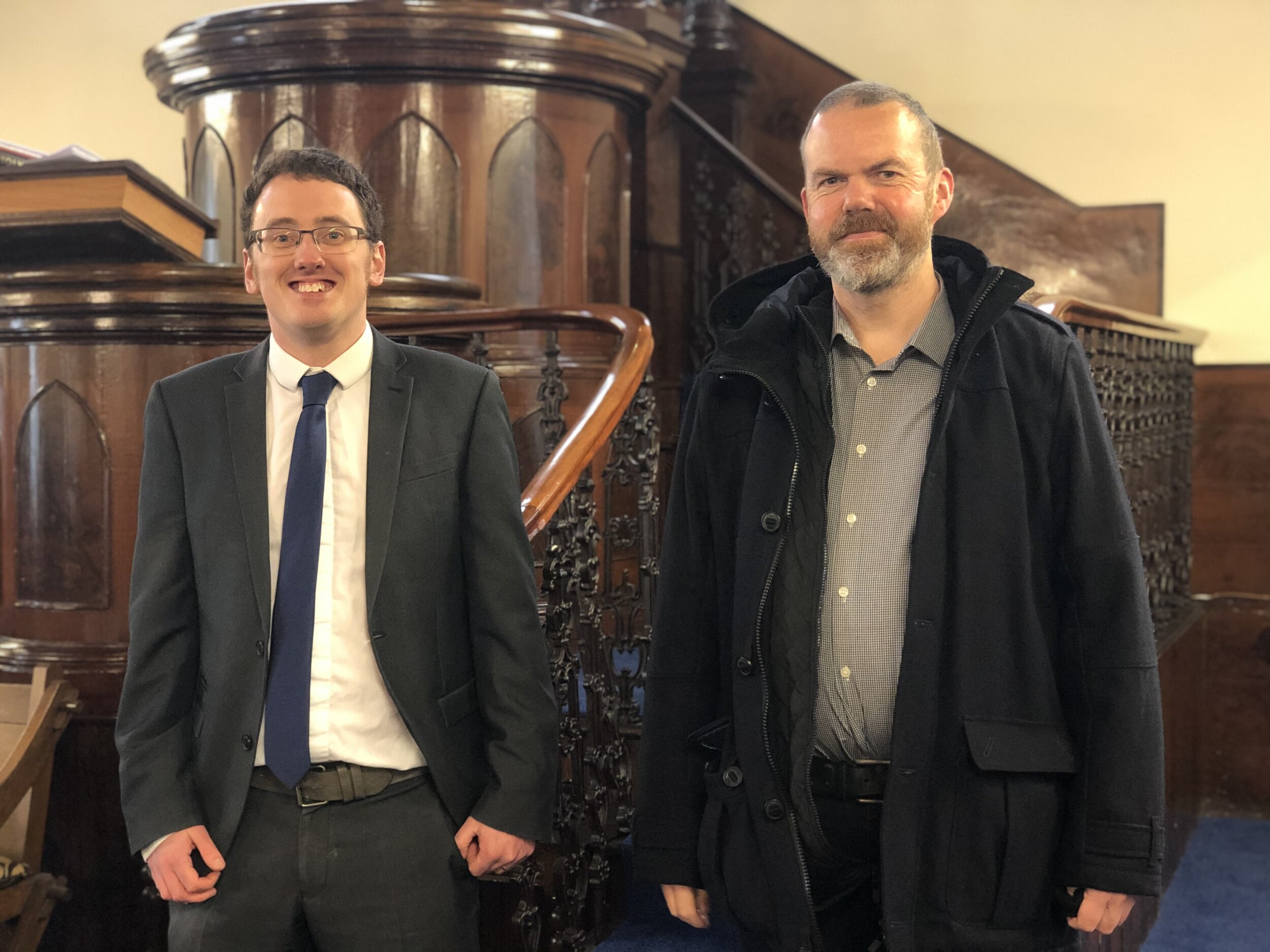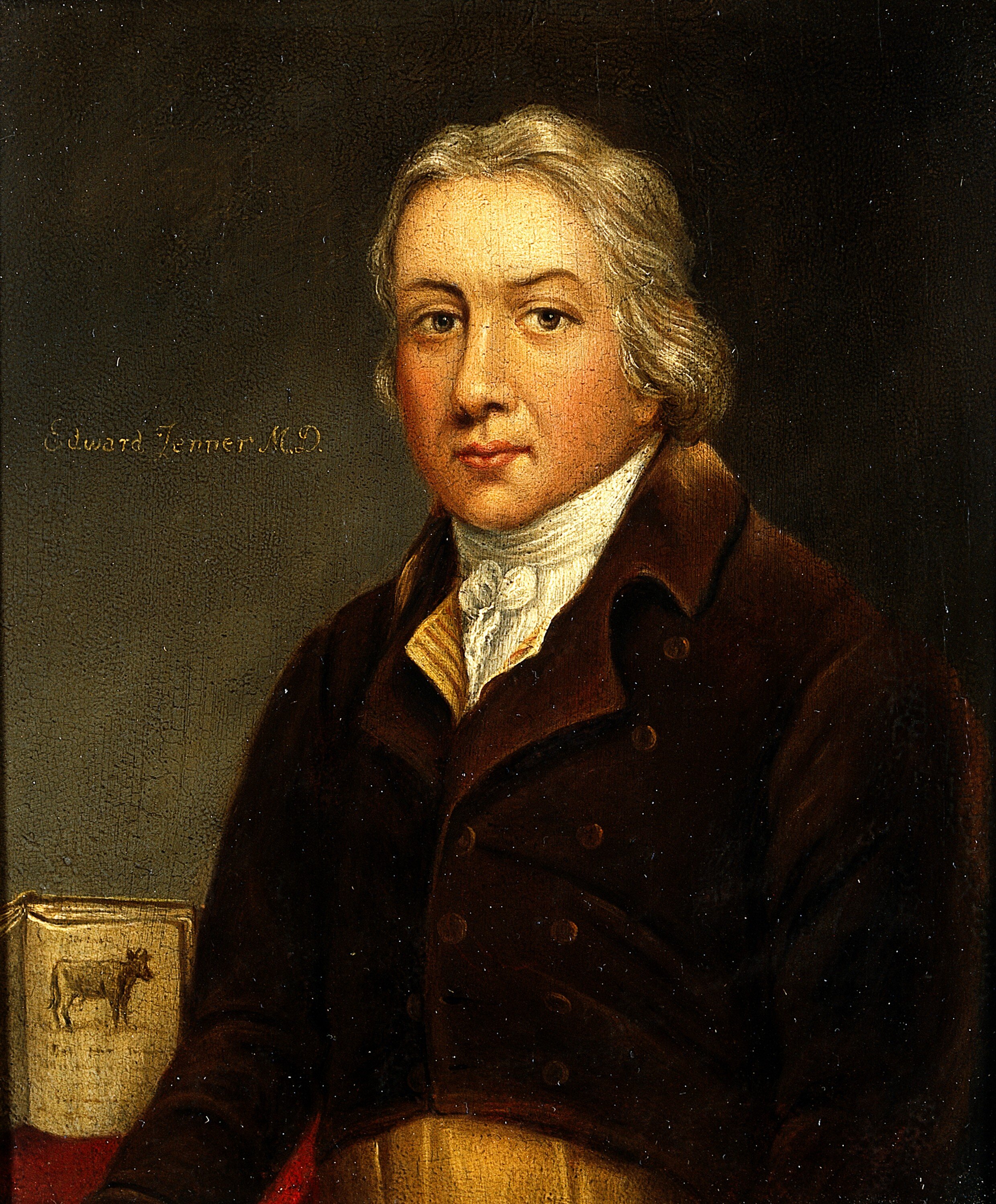If we can take any positives out of the events of the last year, it’s the value that our world places on human life. It’s not universal of course – some have acted in ways that have put their own lives, or the lives of others, in danger. Yet convinced by the value of human life, no Western government has hesitated to believe that it should act to prevent death at the hands of this epidemic. Of course, it could be argued that such an intense focus on Covid has meant that lives have been lost in other ways – missed cancer diagnoses, delayed operations, and suicide as a result of job loss and lack of human interaction. But what unites those on both sides of the argument is the belief that human life matters.
But if over the past year we’ve answered the question as to whether human life is valuable with a firm ‘Yes’, we seem to be a lot less sure about two other questions: Why is it valuable? And what makes life worth living? Indeed, Health Secretary Matt Hancock acknowledged in an interview earlier this month that the UK government got it wrong during the first lockdown by banning things like funerals. Hancock said that following a discussion with the Archbishop of York, he realised that ‘you have got to stay human’. Indeed, Scotland is currently the only part of the UK that isn’t allowing churches to meet for communal worship – governments in the other three nations are leaving it up to individual churches to decide.
Here in Stranraer, we voluntarily took the decision to switch to a livestream rather than meeting in person before the latest lockdown was announced. We made the decision in light of the outbreak of the new variant here which has left us, as the headline of this paper put it last week, ‘Scotland’s Covid Capital’. Particularly given those circumstances, I decided not to get involved in a legal challenge that a group of Scottish church leaders launched last week, arguing that the current ban is in breach of the Article 9 of the European Convention on Human Rights (a claim also made by Sir Edward Leigh, MP, Chairman of the Catholic Union of Great Britain).
However, as cases and hospitalisations fall, it is to be hoped that the Scottish government prioritise the reopening of churches. Of course, those involved in all kinds of businesses and organisations can make plausible arguments as to why their particular sphere should be near the top of the list to re-open when it’s safe to do so. Why should churches be unique?
Some will argue that churches should be a top priority because of mental health concerns. When people are starved of human contact and loneliness is a bigger problem than ever, taking away the opportunity for them to be together even in church surely has to be a last resort. However, churches are about – or should be about – more than that. Covid has shown us that the version of the good life we have been sold in the West, where self-fulfilment is supposed to be what life is about, and individual consumption of sex, possessions and entertainment is supposed to be all that we need, is a lie. Lockdowns have left us with those things, while stripping away everything else; and made it abundantly clear that they are not what human life is about.
That brings us back to the why question; why is human life valuable? The fact that nations around the world have prioritised human life is a stark contrast with the ancient world. In the pre-Christian, classical world, the philosophers knew there was something undeniably special about human life. However, that belief coexisted with the dehumanising treatment of large portions of the human race. Into that world, Christianity brought a message that human beings are special because we are made in the image of God. We have failed in our task as image-bearers – which explains why the world’s in the mess that it’s in – but human life is still uniquely valuable. Jesus Christ came into this world, yes to show us what we were made to be, but also to make us what we should be – by taking the punishment we deserve, and then equipping us to live the lives we were created to live.
As a community and a nation we have demonstrated that we believe human life is valuable. Let’s not miss this unique opportunity to start asking why.
Published in the Stranraer & Wigtownshire Free Press, 21st January 2021.
Inspired by this article from Matthew Roberts in The Critic.













